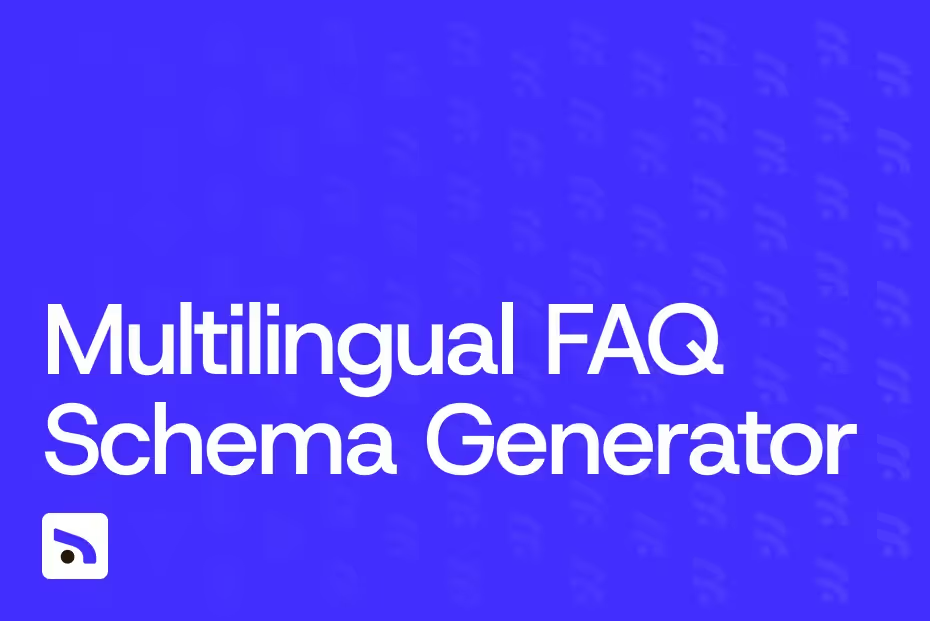Robots.txt Generator

Robots.txt Generator
The Robots.txt Generator creates the essential file that communicates with search engine crawlers about which parts of your site they can access. This fundamental SEO tool helps you manage your crawl budget efficiently, protect sensitive areas of your site from indexing, and ensure search engines focus on your most important content. With support for all major search engines and specific bot directives, you can fine-tune exactly how your site is crawled and indexed.
How it works: configure your crawl rules using the intuitive interface; specify which user agents (bots) to target, which directories to allow or disallow, set crawl delays if needed, and add your sitemap location. The tool generates a properly formatted robots.txt file following the Robots Exclusion Protocol standards. You can test your rules before implementation and download the file ready for upload to your website's root directory.
Typical use: critical for websites with admin areas, staging environments or duplicate content that shouldn't be indexed. Essential for e-commerce sites managing faceted navigation, WordPress sites hiding plugin directories, and any website wanting to optimize how search engines spend their crawl budget. Also vital for protecting sensitive directories while ensuring important content gets properly indexed.





